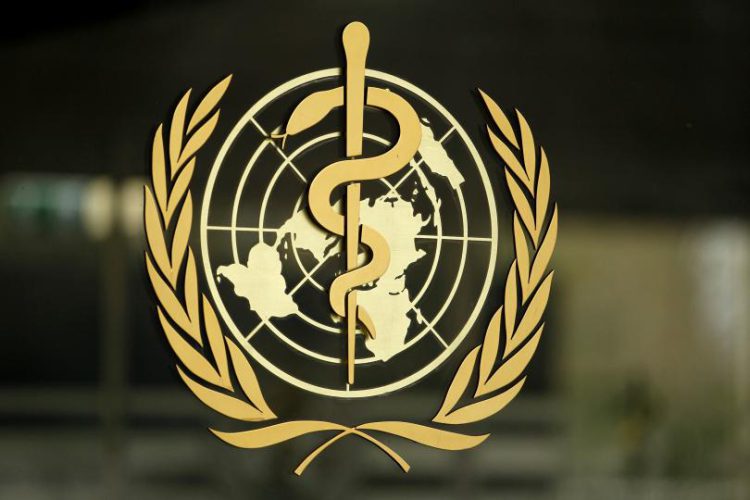Pakistan is not fully prepared to prevent, detect and respond to health threats – from internal or external factors – which may confront the country’s population, according to a World Health Organisation (WHO) report.
WHO had alerted Pakistan of the shortcomings and their solutions in its mission report ‘Joint External Evaluation of IHR Core capacities of the Islamic Republic of Pakistan’ issued last year, but Pakistan is yet to fulfill its responsibilities.
“Like many UN members, Pakistan is a signatory to the International Health Regulations (IHR), but it is yet to meet the required core capacities despite multiple extensions – a situation that has the potential to jeopardise the country’s travel and trade,” said the report.
Pakistani candidate running for WHO top post eliminated
The aim of the report was to highlight the shortcomings of Pakistan’s health sector which could help the country in finalising its five-year roadmap to develop a strong public health system which follows IHR.
The report also calls for a critical need for continued and expanded multi-sectoral communication and coordination, sufficiently funded and widely supported for strengthening IHR capabilities.
It further calls for establishing a strong, visible, active surveillance and tiered public health laboratory system in order to develop and enhance regulations, standards and coordination mechanisms for food safety.



















